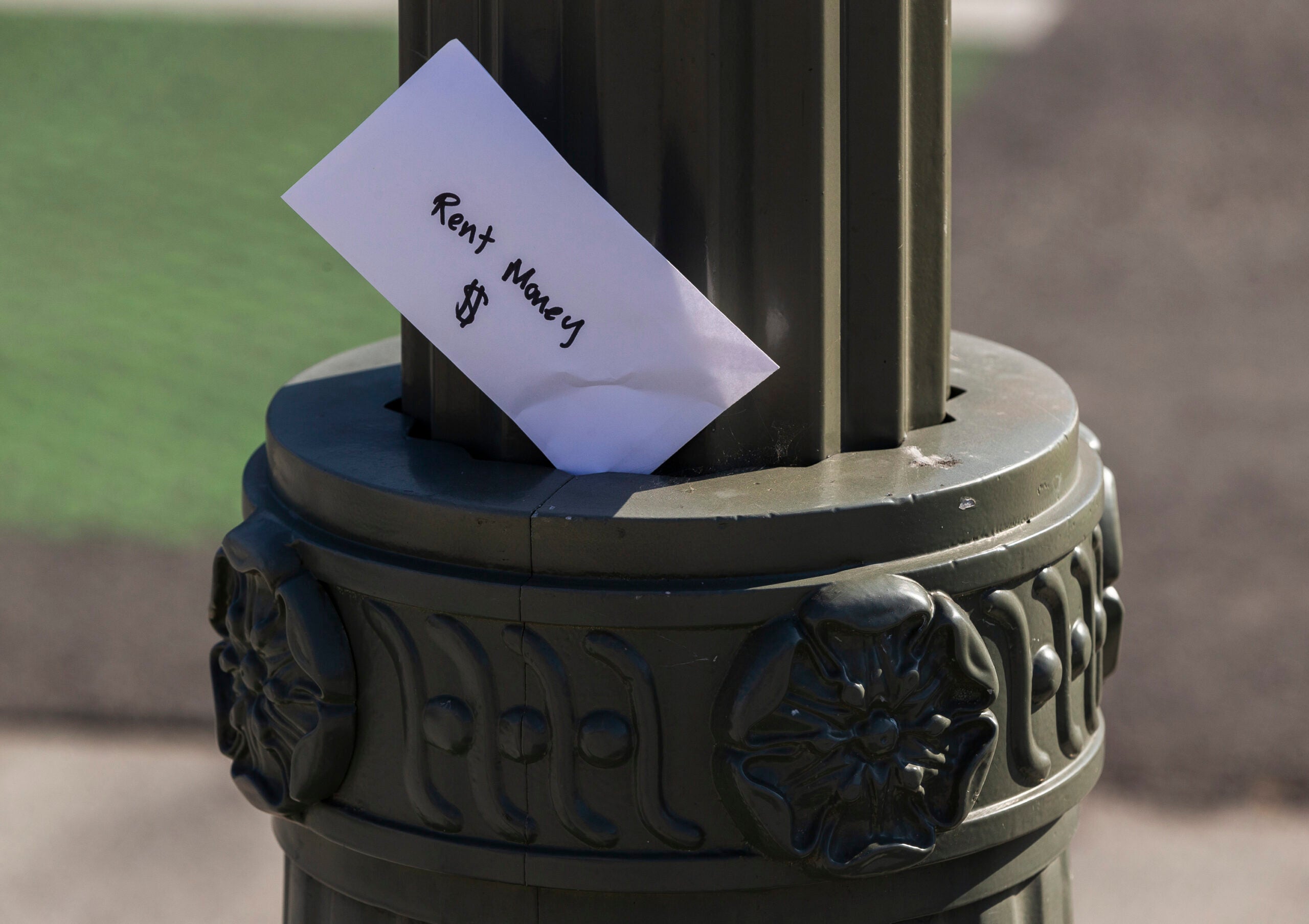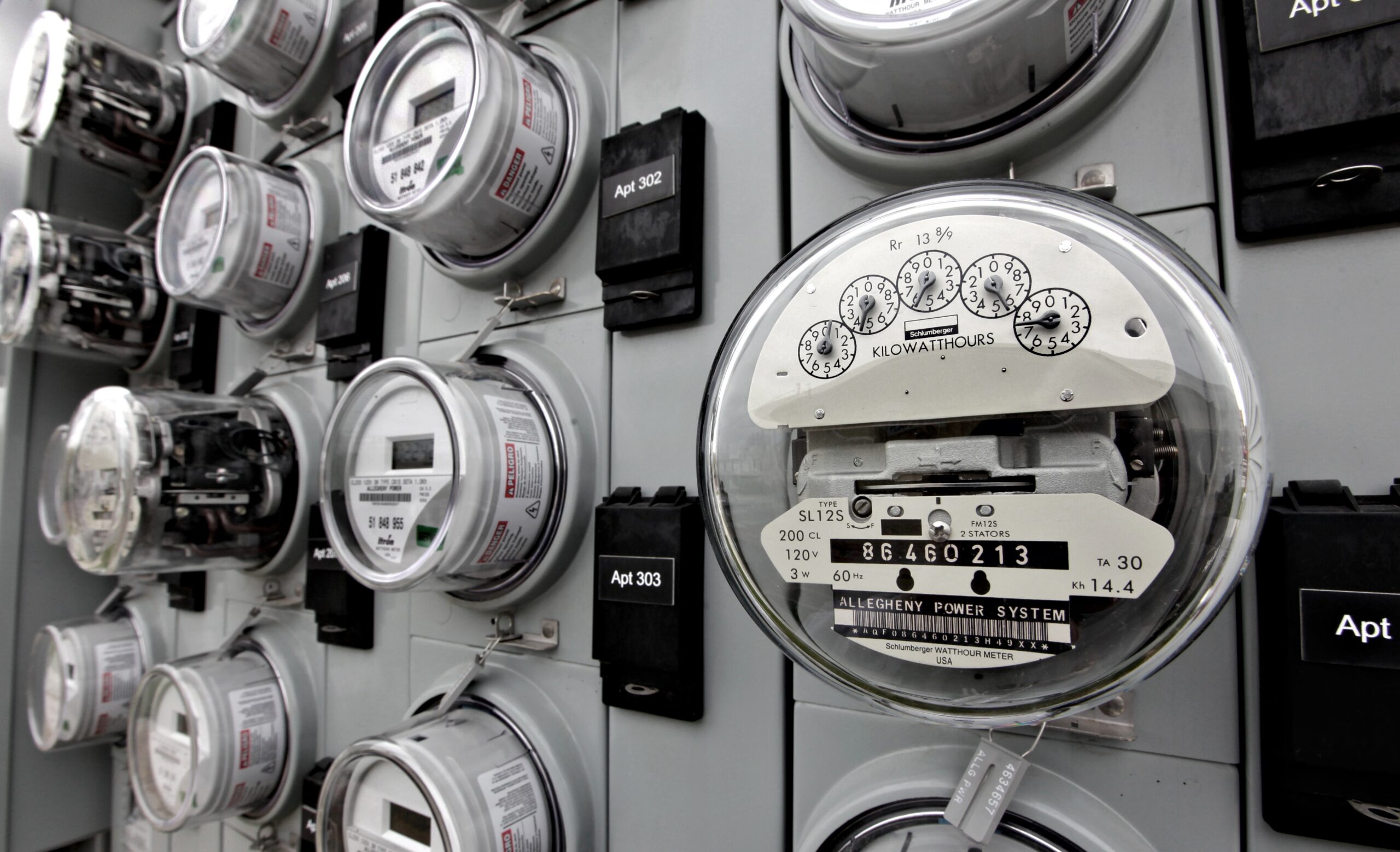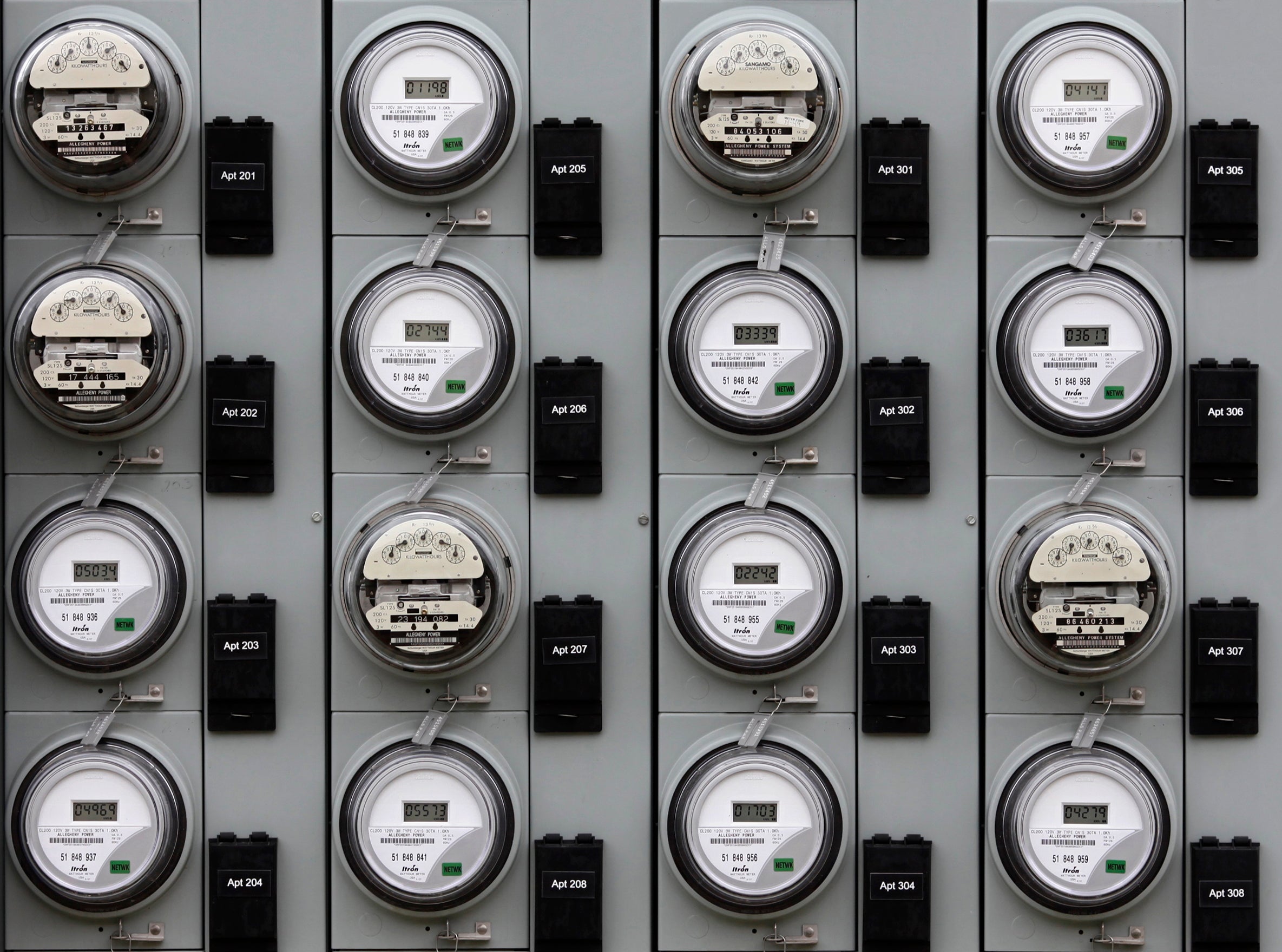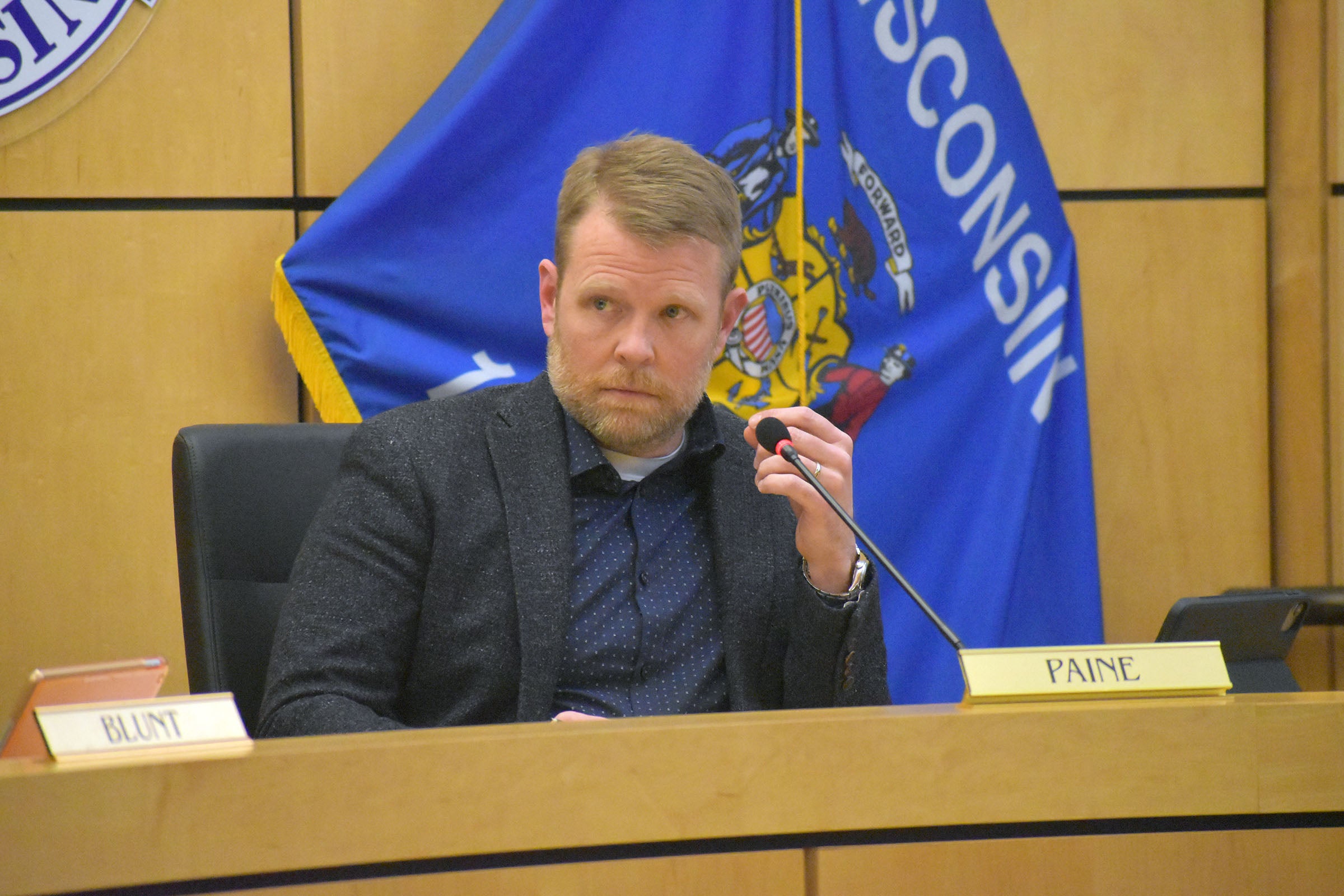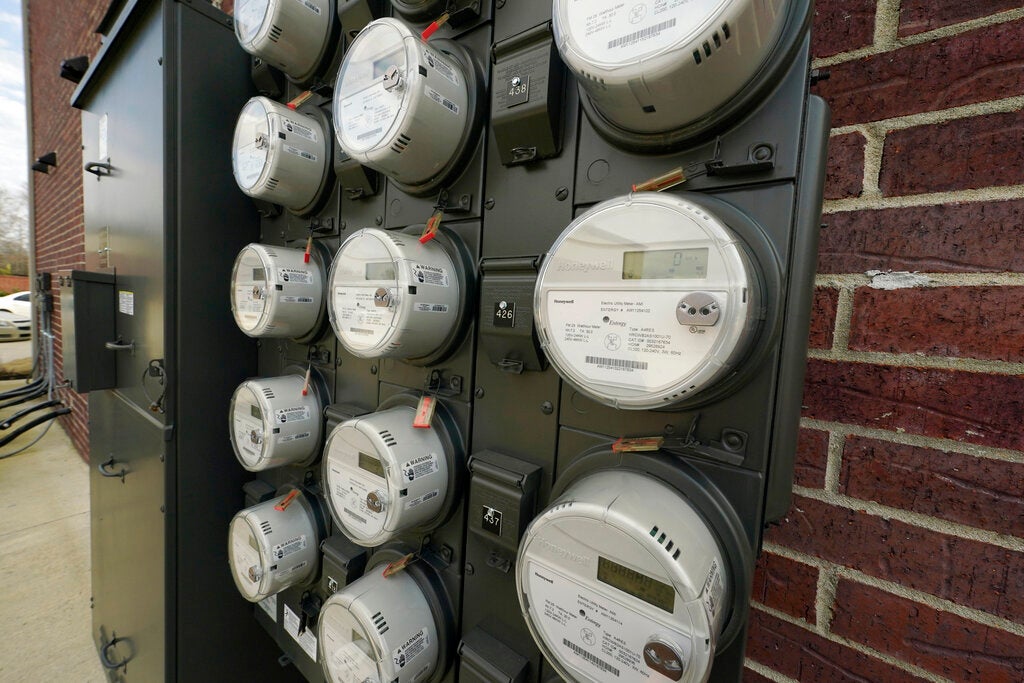Renters who lost income during the COVID-19 pandemic could qualify for up to 12 months of federal stimulus funds to help with rental and utility payments.
On Thursday, Gov. Tony Evers announced more than $322 million would be available through the Wisconsin Emergency Rental Assistance Program. The money can be used for up to 12 months worth of rent, utility payments and other needs.
The money comes to Wisconsin as part of $25 billion in rental assistance included in the latest federal stimulus bill approved by Congress and signed by former President Donald Trump in late December.
Stay informed on the latest news
Sign up for WPR’s email newsletter.
The state Department of Administration will administer the federal funding with direct payments to landlords and utilities. Renters who can demonstrate they are at risk of “housing instability,” have lost income due to COVID-19 and have household incomes at or below 80 percent of their county’s median income may qualify.
“I’m proud of the efforts we’ve made through the Wisconsin Rental Assistance Program to get folks the help they need so they don’t have to worry about losing the roofs over their heads, and this program will build on that success,” Evers said in a written statement.
Kristin Gilkes is the executive director of Customers First Coalition, which advocates for access to affordable electrical service. She said a year-long moratorium on utility shutoffs is set to expire April 15. She said it’s possible the state’s Public Service Commission could extend that, but some customers’ bills have continued to grow.
“And if people are underemployed or unable to work because of the pandemic, those bills keep mounting,” said Gilkes.
Gilkes said the coalition is watching Congress as it crafts a subsequent stimulus bill that could include similar money for homeowners that have fallen behind on mortgage or utility payments.
Utilities have said the commission’s extension of a moratorium on shut-offs during the COVID-19 pandemic would make it more likely customers would fall further behind on their bills, which could result in utilities passing on those losses to all ratepayers.
Citizens Utility Board Executive Director Tom Content said with potential increased utility costs this year, the federal assistance is coming at a good time.
“Because on the heating side of our bills we might be seeing some rate pressure just based on the higher prices of natural gas that were felt across the country, not just in Texas last week,” Content said.
Several counties along with Madison and Milwaukee also received federal funding for rental assistance as part of the latest COVID-19 relief bill, bringing the total amount of money awarded to the state and local governments to nearly $387 million.
Wisconsin Public Radio, © Copyright 2025, Board of Regents of the University of Wisconsin System and Wisconsin Educational Communications Board.
